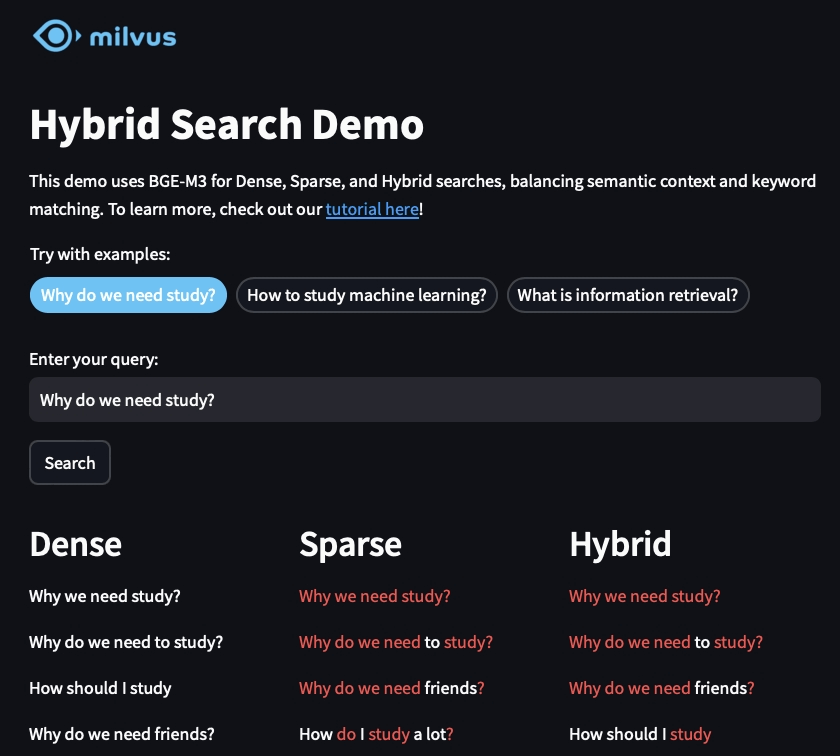Advanced search operators in full-text search are specialized syntax or commands that refine how queries are executed, allowing precise control over what results are returned. These operators extend basic keyword searches by enabling developers to define patterns, combine terms logically, or exclude unwanted content. They are essential for optimizing search accuracy in applications like databases, document repositories, or search engines, where users need to filter large volumes of text efficiently. Common operators include those for exact phrases, Boolean logic, wildcards, and proximity-based matching, each serving distinct use cases.
For example, quotation marks (" ") enforce exact phrase matching: searching "error 404" returns only documents containing that exact sequence. Boolean operators like AND, OR, and NOT combine or exclude terms—java AND python finds documents with both terms, while virtual NOT reality excludes “reality.” Wildcards like * (e.g., dev* for “developer” or “development”) handle partial matches. Proximity operators, such as NEAR or ~, specify how close terms should appear: data NEAR/5 analysis finds “data” within five words of “analysis.” Field-specific operators like title:API restrict searches to metadata fields (e.g., titles or authors), reducing noise in results. These tools let developers balance recall (finding all relevant documents) and precision (excluding irrelevant ones).
Implementation details vary across platforms. For instance, Elasticsearch uses Lucene query syntax, supporting operators like + (required terms) and - (excluded terms), while SQL Server’s CONTAINS function allows AND NOT for negation. Developers must reference documentation for their specific search engine or database, as syntax and supported features differ. Testing is critical—complex queries can inadvertently exclude valid results or impact performance. For example, overusing wildcards in large datasets may slow queries. By mastering these operators, developers can build search features that adapt to user needs, from simple keyword matching to nuanced, context-aware retrieval.
